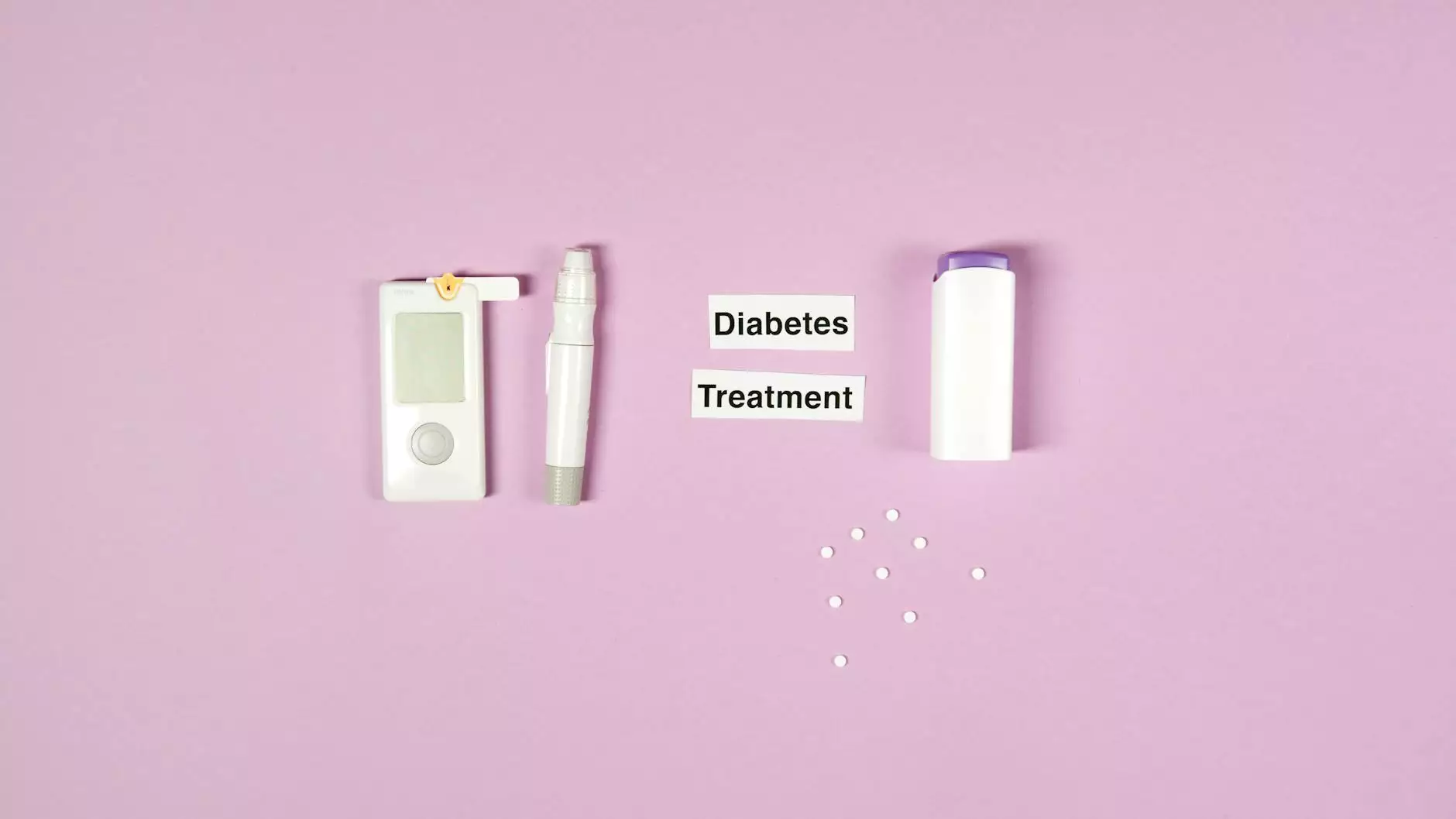Unlock Your Career Potential with Medical Coding and Billing Training

In today’s rapidly advancing healthcare landscape, the demand for skilled professionals in medical coding and billing has surged. The role of medical coders and billers is becoming increasingly pivotal as healthcare facilities strive to navigate complex billing processes while ensuring compliance with regulations. Pursuing medical coding and billing training is a vital step that can open doors to a rewarding career in the healthcare sector.
What is Medical Coding and Billing?
Medical coding and billing are integral processes within the healthcare industry. They involve the translation of healthcare services, diagnoses, procedures, and equipment into standardized alphanumeric codes. These codes are essential for several reasons:
- Facilitating Reimbursement: They enable healthcare providers to receive payment from insurance companies.
- Ensuring Compliance: Proper coding ensures adherence to laws and regulations governing healthcare billing.
- Data Collection: They help in the collection of data for research, statistics, and health management.
The Importance of Medical Coding and Billing Training
Investing in medical coding and billing training is crucial for those looking to enter this field. Here are some key reasons why such training is worthwhile:
- Comprehensive Knowledge Base: Training programs cover essential topics such as coding systems (ICD-10, CPT, HCPCS), healthcare regulations, and billing procedures.
- Hands-on Experience: Many programs offer practical experience through internships or practicums, allowing students to apply their knowledge in real-world settings.
- Career Advancement Opportunities: With proper training, graduates can position themselves for career advancement, including roles in management and specialized areas.
- Certification Preparation: Training often prepares students for various certification exams, which are crucial for career prospects.
Pathways to Becoming a Medical Coder and Biller
The journey to becoming a medical coder and biller involves several key steps. Let’s explore these pathways:
1. Understand the Educational Requirements
Most positions in medical coding and billing require at least a high school diploma. However, pursuing further education, such as an associate degree or a certificate in medical coding and billing, can significantly enhance job prospects. Look for programs that are accredited and respected in the industry.
2. Complete Medical Coding and Billing Training
Enroll in a reputable training program, such as those offered at medesunglobal.com. These programs typically include:
- Introduction to medical terminology
- Coding systems and classifications
- Billing procedures and practices
- Understanding of healthcare laws and regulations
- Hands-on coding practice with real medical scenarios
3. Obtain Certifications
Certification is essential for many employers and can enhance your credibility. Consider obtaining certifications from recognized organizations such as:
- AAPC (American Academy of Professional Coders)
- AHIMA (American Health Information Management Association)
- NCCT (National Center for Competency Testing)
4. Gain Experience
Hands-on experience is invaluable. Consider internships or entry-level positions to build your skills and gain familiarity with coding software and billing procedures.
Career Opportunities in Medical Coding and Billing
The healthcare industry offers a wide array of opportunities for individuals with expertise in medical coding and billing. Some of the common roles include:
- Medical Coder: Responsible for translating healthcare services into codes for billing.
- Billing Specialist: Focuses on creating invoices and managing payment processes.
- Compliance Officer: Ensures that coding and billing practices comply with regulations.
- Health Information Technician: Manages patient health records and medical data.
The Future of Medical Coding and Billing
The healthcare industry is evolving, and so are the roles within it. With the continued growth of digital health technologies and electronic health records (EHR), the importance of skilled coders and billers will continue to rise. By pursuing medical coding and billing training, aspiring coders and billers not only secure their future but also contribute positively to the healthcare system.
Emerging Trends in Medical Coding
As technology advances, several emerging trends are shaping the future of medical coding:
- Increased Automation: Software solutions are increasingly automating coding processes, which requires coders to adapt their skills accordingly.
- Focus on Accuracy: As reimbursement models shift towards value-based care, accurate coding is more critical than ever.
- Integrating Artificial Intelligence: AI tools are being integrated into coding workflows, enhancing accuracy and efficiency.
- Continuous Education: Ongoing education is vital as codes and regulations frequently change.
Conclusion
Entering the field of medical coding and billing presents an excellent opportunity for professionals seeking a stable and fulfilling career in healthcare. By enrolling in a comprehensive medical coding and billing training program, you can acquire the necessary skills, gain valuable certifications, and position yourself for success in this growing industry.
Whether you are just starting your journey or looking to advance in your career, medesunglobal.com provides resources and training that can help you achieve your professional goals. The healthcare industry needs your talents—why not take the first step today?









